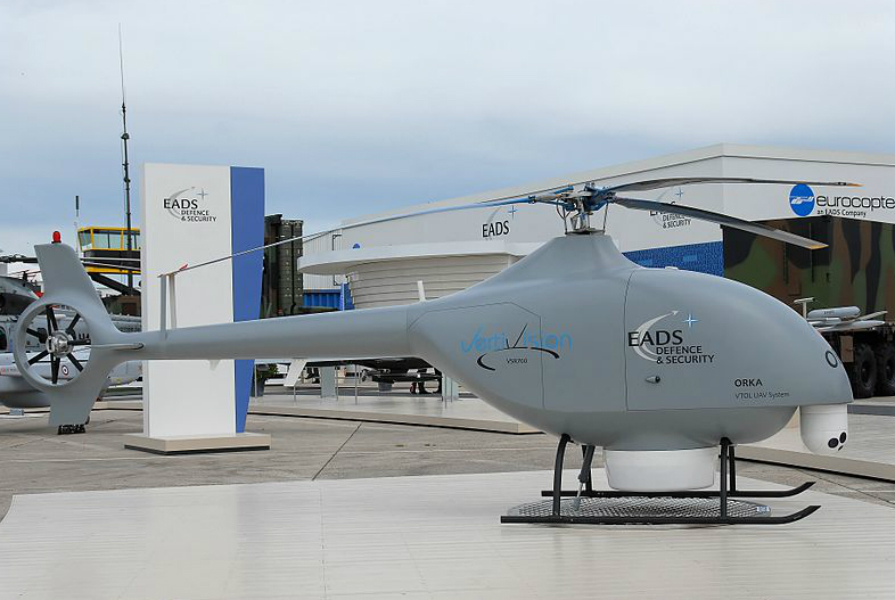Attack of the drones

This week saw the first flight of the Volocopter, a manned drone/helicopter hybrid. We also witnessed Facebook founder Mark Zuckerberg toying with an unmanned drone on stage at his Facebook futureology festival F8.
The piloted drone is simply the next step in what may become a serious challenger to the helicopter industry. The naysayers and those with vested interests may scoff at the idea that these technological terrors may challenge the market, but we simply don’t know what’s round the corner – and that should worry you. At the moment we have drones as toys, as trivial technology if you like, that won’t last forever.
Yes, if you look at the most popular drone the DJI Phantom 3 Advanced Quadcopter it’s a plaything for tech nerds and hipsters. However, this is Genesis, and the technology will become more advanced – and more importantly it will become cheaper and drones will become larger and better equipped.
EADS, which rebranded as Airbus in July 2013, has already worked on larger, defence based, military drones in the form of the Orka 1200 (pictured) and the Orka UAV that – if converted to a civilian model – could challenge helicopters for space in several sectors. Not only would it not require an expensive pilot to man the aircraft, but several helicopter drones could be guided from a single control centre.
With your average helicopter costing anything from $50,000 to $20 million plus to purchase and anything from $100 to $3000 an hour to operate the helicopter investment industry is open to challenges from hi-tech, cheaper solutions and could be left napping if it doesn’t get its story straight as to why investors should not investigate this brave new world and stick with tradition in the rotors sector.
Subscribe to our free newsletter
For more opinions from Helicopter Investor, subscribe to our email newsletter.






